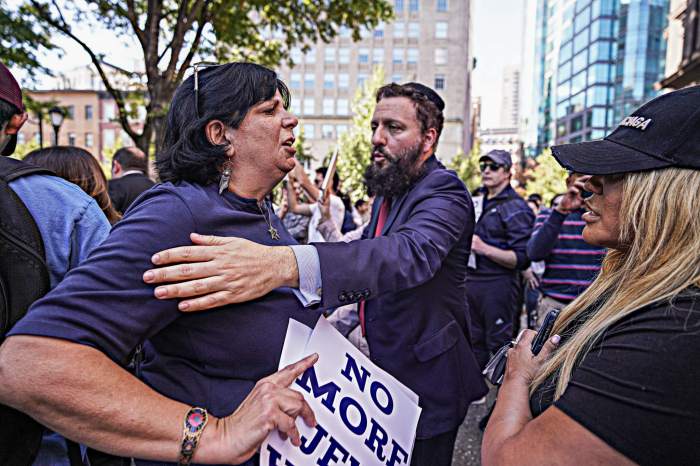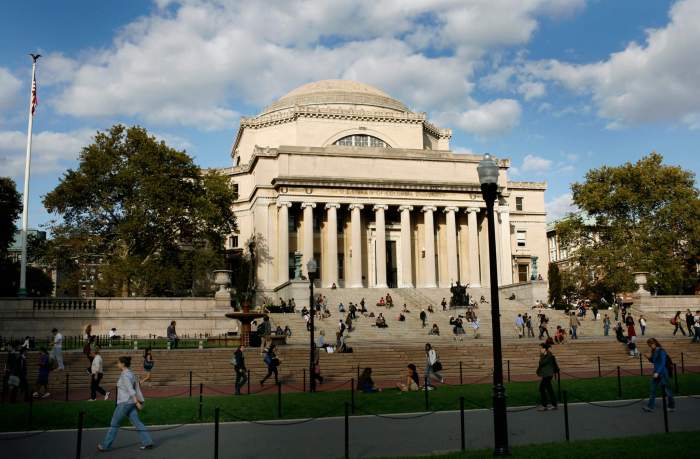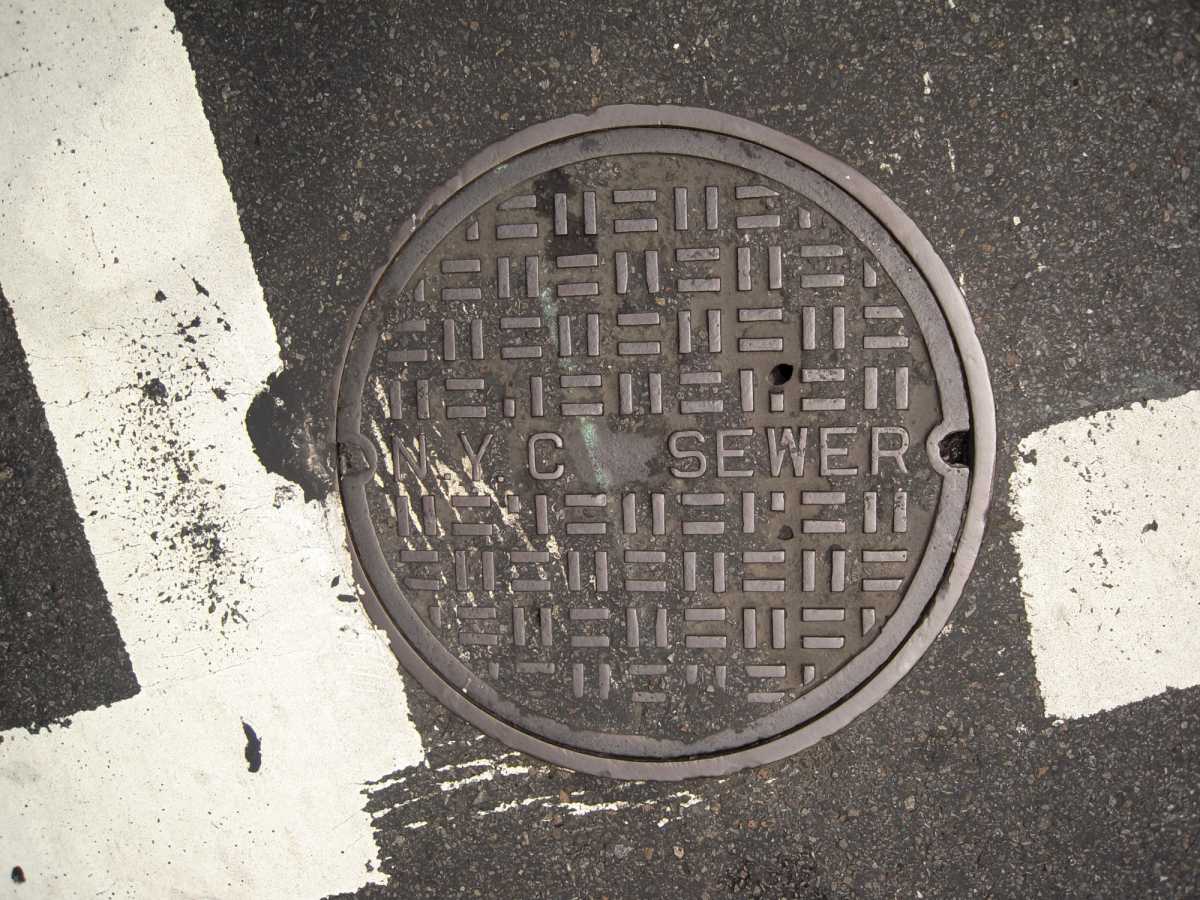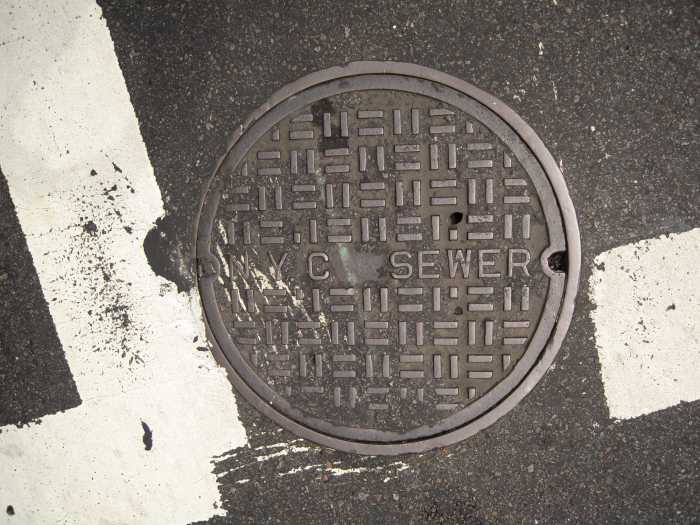The Supreme Court’s ruling Thursday effectively ending affirmative action in colleges — banning institutions of higher learning from explicitly use student applicants’ race as a factor for admission — drew strong rebukes, and some praise, from New Yorkers.
As the news broke, prominent New York City-based groups and individuals voiced their own opinions on the divisive decision.
Mayor Eric Adams strongly condemned the ruling, saying the decision was a result of a highly partisan Supreme Court.
“This decision will not only hurt historically disadvantaged communities, it will make many of our educational institutions less diverse, and perpetuate social, racial, and economic inequity,” said Mayor Adams. “This is a loss for all New Yorkers, and all Americans, but as this country’s largest and most diverse city, New York will not be deterred.”
Famed civil rights activist Reverend Al Sharpton called the ruling “a dagger in the back of Black America,” while Assembly Member Rodneyse Bichotte Hermelyn called it a “devastating blow to equitable and accessible education for all.”
The case was brought to the Supreme Court against Harvard with the aid of a group of Asian American who became involved with the conservative group Students for Fair Admissions which alleged that the prestigious university’s practice of affirmative action discriminates against Asian applicants. The plaintiffs claimed that in fact Harvard’s admission policies unfairly favored Black and Brown applicants over white and Asian students.
However, several Asian American groups decried this sentiment, saying that the ruling was not a victory for the community, but rather a monumental loss.
“The divides among our diverse communities will grow and further isolate AAPI students by depriving them of the true diversity of our America,” said Art Chang, chair of the board of the Coalition for Asian Children and Families. “It undermines our decades-long work to ally with Black, Indigenous, Latinx, and other communities of color.”
On the other hand, the New York State Conservative Party voiced their approval and support of the ruling, calling it a triumph for equality.
“Affirmative action implicitly divided us, creating quiet divisions among Americans over the entire college admissions process,” said NYS Conservative Party Chairman Gerard Kassar. “The Conservative Party cherishes the individual, regardless of race or creed; we believe, as Dr. Martin Luther King, Jr. eloquently stated, that a person should be judged on character and nothing else. This is a great step forward for America and all who call her home.”
The New York State Education Department and Board of Regents issued a joint statement condemning the decision and outlined their preliminary actions to continue to support diversity within schools.
“The New York State Education Department (NYSED) and Board of Regents are deeply disappointed in the Supreme Court’s decision on affirmative action and race-conscious admissions policies but will use every means available to ensure the guiding star of our work remains equitable access to higher education for all students,” the statement read. “Together with NYSED, New York State’s public and private colleges have a longstanding commitment to address diversity and access for underrepresented and underserved students, including students of color. As a state, we have a commitment to ensure that all voices have a seat at the table.”
Inside the ruling
Affirmative action – the practice of favoring or admitting individuals of color particularly to higher education institutions – was implemented in September of 1965 in order to combat the educational disparities experienced by Black and Brown students especially after the civil rights movement.
The Supreme Court, in a 6-3 conservative majority, ruled Thursday that the practice of affirmative action at both Harvard and University of North Carolina was unconstitutional, effectively ending the practice and placing an increased burden on higher education institutions to maintain a diverse student body.
Chief Justice John G. Roberts Jr. — a longtime critic of affirmative action — stated in his majority opinion that the affirmative action policies at the two schools unconstitutionally “unavoidably employ race in a negative manner” and “involve racial stereotyping.”
Justice Sonya Sotomayor summarized her dissenting opinion saying the ruling imposed a racial blindness in the country.
“The devastating impact of this decision cannot be overstated,” said Sotomayor. “The majority’s vision of race neutrality will entrench racial segregation in higher education because racial inequality will persist so long as it is ignored.”
Furthermore, Sotomayor pointed out that several of the justices, including Justice Clarence Thomas who contributed to the majority opinion, were people of color who may have themselves benefited from affirmative action practices.
“The three Justices of color on this Court graduated from elite universities and law schools with race-conscious admissions programs, and achieved successful legal careers, despite having different educational back-grounds than their peers,” Sotomoyor said. “A discredited hypothesis that the Court previously rejected is no reason to overrule precedent.”
Read more: Lower East Side Bookstores Celebrate Pride Month with Book Crawl

































